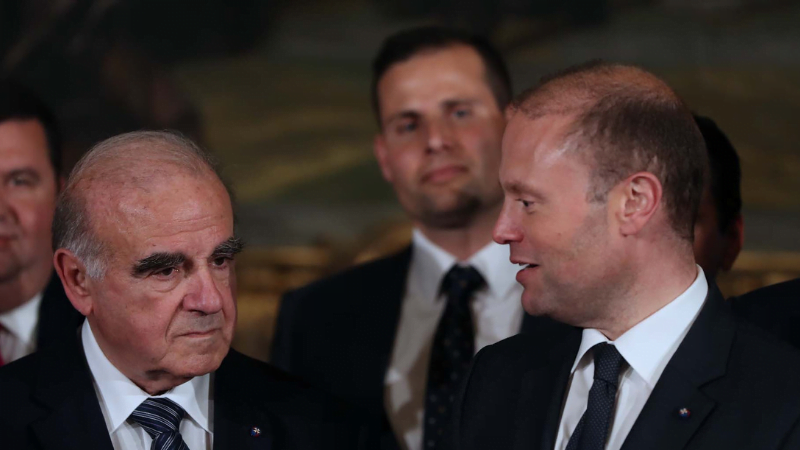Guest commentary by Marion Pace Asciak, President NGO Repubblika
“The problem is accentuated by the weakness of civil society and independent media,” the Venice Commission said in its Opinion on Malta. This is one of the main problems that the reform of the Constitution should be addressing.
Last February, Repubblika met President Emeritus Marie Louise Coleiro Preca and the ad hoc steering committee. We were told that the committee had received hundreds of proposals and that we could also hand in ours. These were to be scrutinised and short listed at the committee’s discretion, behind closed doors and without involving any media.
During the meeting, we asserted our position that the Constitutional reform must follow a process based on broad participation with the significant inclusion of civil society. Repubblika promotes democratic life, the rule of law, free speech and social inclusion.
The Venice Commission insists that democracy means that civil society and independent media must play an active role in public affairs and hold the authorities accountable.
The Constitution is a contract between the people and those in government and so political parties cannot represent both parts of those involved in the making of this contract. We cannot allow the ones who are exploiting Constitutional deficiencies to determine the reforms. We cannot afford to be mere spectators of a process accomplished and controlled by politicians. That is why Repubblika felt that a document to promote political participation by civil society was an urgent need.
This document was prepared in February. Since then, we discussed this document in various meetings with unions and organisations. We sent it both to President Emeritus Marie Louise Coleiro Preca. We also sent it to President George Vella in March when he was nominated for the Presidency. We asked him for again for a meeting to discuss the proposals, after we allowed for some time to pass after he had taken his oath of office.
I would like to stress that I went to San Anton Palace to deliver our letter and another hard copy of our document on 10 June at about 8.30am. I was asked to sign the office log book, registering my visit. On Friday, 9 August, I was contacted by the Communications Secretary, asking to set an appointment. I sincerely hope that our concerns will be addressed following the meeting held on 12 August between the President and Repubblika.
In all our correspondence, we suggested our views for a way forward in our detailed proposals for a citizen-led process. We stressed our objection to the President leading the reform process, irrespective of who occupies the role.
The document sets out a number of basic principles that can guide the reform process:
- The Constitution is to be amended and not replaced.
- The changes are not to be adopted as a package but phased in thematic sectors.
- Changes that can increase the powers of the Executive have to be accompanied by changes that curtail them.
- The whole process has to be transparent.
- Any proposal for change must be considered on the basis of reasons for and against.
- Constitutional reform is not time barred.
Repubblika believes that in the drafting stage of changes, five organs should be set up to ensure proper participation:
- A Parliamentary Working Group representing all the political parties in parliament, led by a trusted mediator.
- An Expert Forum that brings together theoreticians and practitioners. These can include political scientists, anthropologists, historians, judges,and civil servants.
- A Civil Society Representative Group, similar to that of MEUSAC, that provides an environment of structured information exchange and decision-making with civil society.
- A Citizen Jury, chosen as the jury selection in the Courts.
- A Reform Governance Committee that would manage the process of liaising between these different groups.
Repubblika’s recommendations include references to case studies of successful and failed Constitutional initiatives in other countries that can help us design the process. For example, the Citizen Jury is modelled on experiences in Ireland and Iceland that would involve, in an open forum, people who never intended to take active part in Constitutional reforms that would later govern their lives.
This document also insists that all procedure should be open to media and public scrutiny. It recommends careful use of referenda and proposes measures to avoid the use of populist measures that would weaken democracy under the pretext of plebiscites. It also recommends special funding for independent media to ensure a balanced and independent oversight.
Malta needs Constitutional reform, but not a top-down reform controlled by politicians and conducted by horse trading between political parties behind close doors and propped up with populist campaigns. A citizen-led reform that is inclusive and participatory has the potential of renewing the country’s democracy while protecting the rights, freedoms and interests of present and future generations.
Read the list of proposals here.












